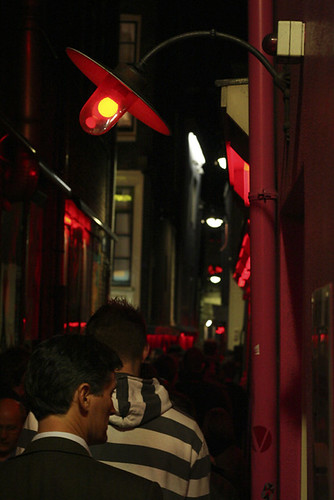 You visit the earth and water it, You greatly enrich it; The river of God is full of water; You provide their grain, For so You have prepared it. You water its ridges abundantly, You settle its furrows; You make it soft with showers, You bless its growth. You crown the year with Your goodness, And Your paths drip with abundance. They drop on the pastures of the wilderness, And the little hills rejoice on every side. The pastures are clothes with flocks; The valleys also are covered with grain; They shout for joy, they also sing.
You visit the earth and water it, You greatly enrich it; The river of God is full of water; You provide their grain, For so You have prepared it. You water its ridges abundantly, You settle its furrows; You make it soft with showers, You bless its growth. You crown the year with Your goodness, And Your paths drip with abundance. They drop on the pastures of the wilderness, And the little hills rejoice on every side. The pastures are clothes with flocks; The valleys also are covered with grain; They shout for joy, they also sing. Psalm 65:9-13 (NKJV)
God is the good farmer. God created the land, and the plants that fill it, purposing that there would be a yield from that which He created. The creation of vegetation wasn’t just a one-time thing, but it was something that was designed to be sustaining, that would continue to carry itself out over the course of the future. With the creation of plants and all forms of vegetation, God was making provision for the living creatures that He would eventually create. Some of these provisions include the food we harvest from plants, the healing remedies they offer us, as well as the way in which they act as a sort of filter for the air we breathe, to name a few.
Organisms that obtain their energy from sunlight are known as photoautotrophs. During the process known as photosynthesis, with energy provided by the sun, plants, algae, and certain bacteria convert carbon dioxide and water into sugars and oxygen. In plants, sunlight is absorbed by chloroplasts, which are basically small compartments containing the light-sensitive pigment known as chlorophyll. It is estimated that for every square millimeter of leaf, there are somewhere between 450,000 and 800,000 chloroplasts. The sugar and oxygen created through photosynthesis provide sufficient energy for a couple of things to take place. First of all, the sugars act as the fuel that allows the organism carry out all processes that are necessary for existence. The plant does make use of a small part of the oxygen that is produced through photosynthesis, but a majority of the oxygen is releases through the stomata (microscopic openings through which the plant can breathe) (wikipedia.org.)
Considering the process of photosynthesis, it is easy to see the importance of the sun – not just for plants, algae, and bacteria, but for the entirety of creation. The sun basically powers the energy cycle of the entire earth. Without the sun, we would have no vegetation, and without vegetation, we would either:
a. Die of hunger, as there would be no food. No, their wouldn’t be animals to eat – without plants they also would go hungry.
b. Suffocate and/or become polluted with toxic air.
c. Both of the above.
The cycle of energy God has created is extremely functional, but with this functionality we are also faced with our frailty. Try as we may to configure our economies and alter global politics and live a life characterized by “success”, at the end of the day, without food, without air, without a God who is love to hold us in the balance, we would certainly waste away. Existence is fragile.
Sources:
(Photosynthesis. http://en.wikipedia.org/wiki/Photosynthesis#Oxygen_and_photosynthesis : accessed on October 8, 2008.)
John Paul Vicory. Phone Interview.
 To buy "Sex + Money: A Global Search For Human Worth," please click below. The $20 cost includes the book, and shipping to your current location (within the U.S.).
PayPal is a safe and secure online payment method. Visit
To buy "Sex + Money: A Global Search For Human Worth," please click below. The $20 cost includes the book, and shipping to your current location (within the U.S.).
PayPal is a safe and secure online payment method. Visit 




2 comments:
haha. thanks for the credit (although not necessary at all)
well written, brother
oh contraire, pierre. I think the quotation was quite necessary, because you're in my heart, and photosynthesis is awesome.
Post a Comment